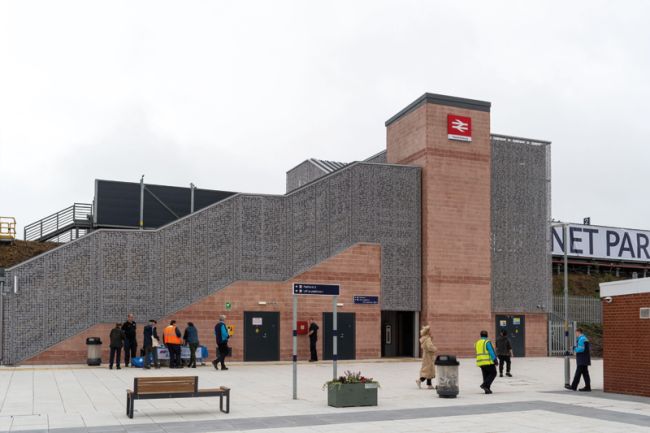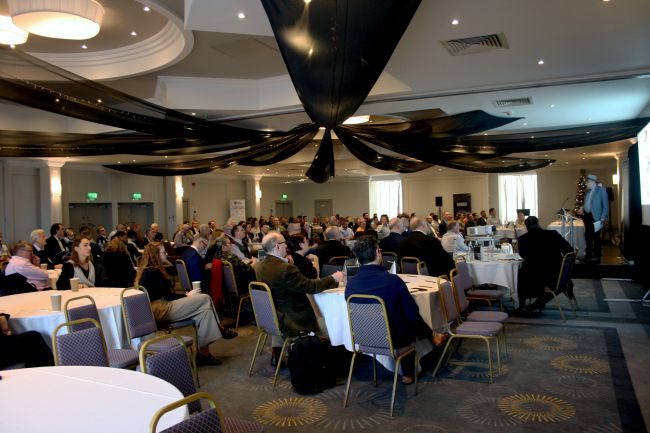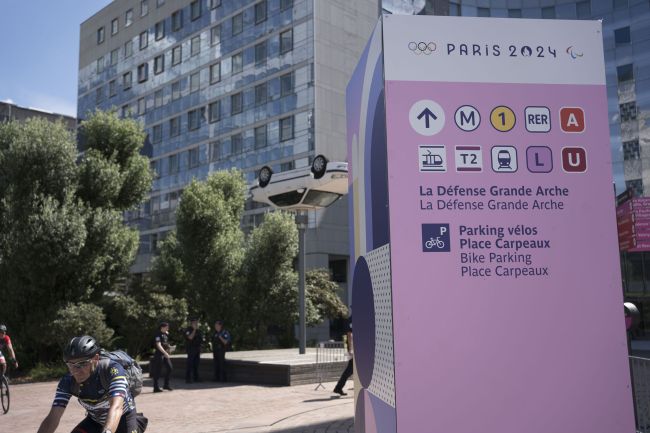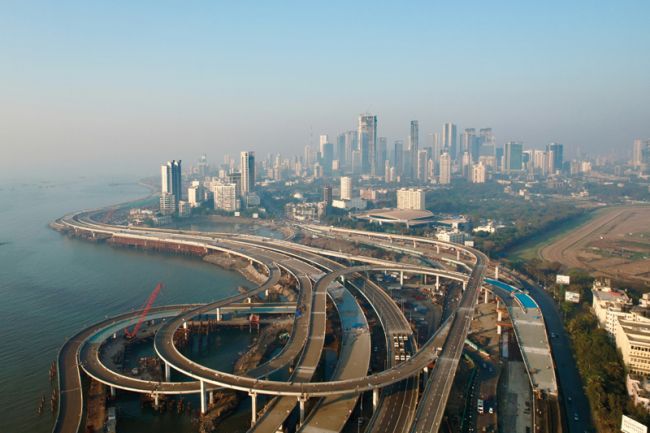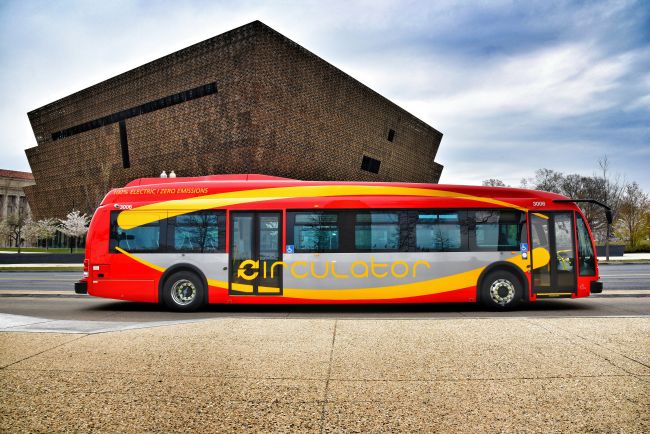Easing congestion in Latin America — could lessons to be learnt from Delhi and London?
Delhi’s experiment with the odd-even number plate scheme is already proving to have a noticeable effect on congestion.
Although Delhi’s experiment with the odd-even number plate scheme is only a week old, it is already proving to have a noticeable effect on congestion. However, the impact on air quality will require the scheme to operate for a longer period.
The alternate approaches used in European cities like London, Milan and Stockholm show that implementing a congestion charging scheme has a positive effect on road user behaviour leading to a better quality of life for residents. However, it also poses challenges for decision makers, technicians, the private sector and users.
In Latin America, where congestion levels are high and continuing to rise in its major cities, there is an opportunity to learn from European and Indian methods to help reduce and manage the problem.
Members of SDG’s Latin American division recently took part in a fact finding mission in London to see what lessons could be learned.
While London was not the first city in the world to introduce road pricing in urban areas, it was certainly one of the first to apply it across a large area. Deliberately conceived as a simple scheme, it now delivers a 20 per cent reduction in traffic levels inside the charging zone.
Some key lessons can be drawn from the London scheme:
- The London Congestion Charge (CC) is part of a package of measures — not a stand-alone policy. Other measures need to be considered and implemented in parallel.
- The CC was not primarily developed as a new source of revenue. The aim of the scheme was to reduce congestion, and all the potential revenue needs to be reinvested to support this goal. Communicating and handling this well is crucial to gain support for the project.
- The CC, at least in its first phase, had broad public support. Public acceptance is very important. The introduction of CC will always be controversial and will have some strong opposition.
It is important to remember that London had a number of advantages which might not be available in other cities. Crucially, the zone which was later covered by the charge already had a very extensive highly used public transport. At the same time, the developers of the scheme in London were pragmatic. Knowing that the scheme had to be popular and easy to use, they introduced a single flat charge levied across the working day – to be paid without discount by the great majority of users. While they knew that varying the charge by time of day and day of the week to reflect real congestion conditions might be more effective at reducing the number of road users, they rejected it for the advantages of simplicity.
Implementing a congestion charging scheme was relatively easy, but other cities might face a more challenging environment which could lead to higher costs.
The London example certainly does set a precedent but, since its introduction, travel behaviour and technology have evolved, bringing new opportunities and challenges for transport planners and policy makers.
Experience in Delhi and lessons learnt would also prove very valuable for Latin American cities, as it offers a lower cost solution. However, the scheme would have to be rolled out more permanently to witness similar effects on travel behaviour and wider transport policy.
While some of the principles are still valid, fresh thinking is required to take the London or Delhi experience forward for implementation in Latin American cities.





